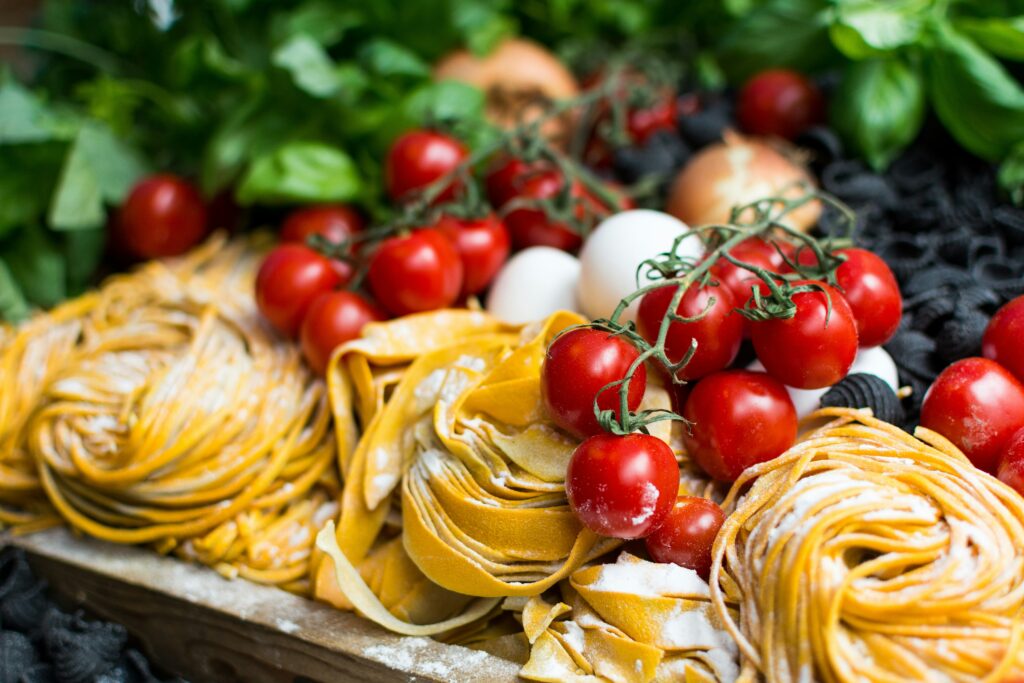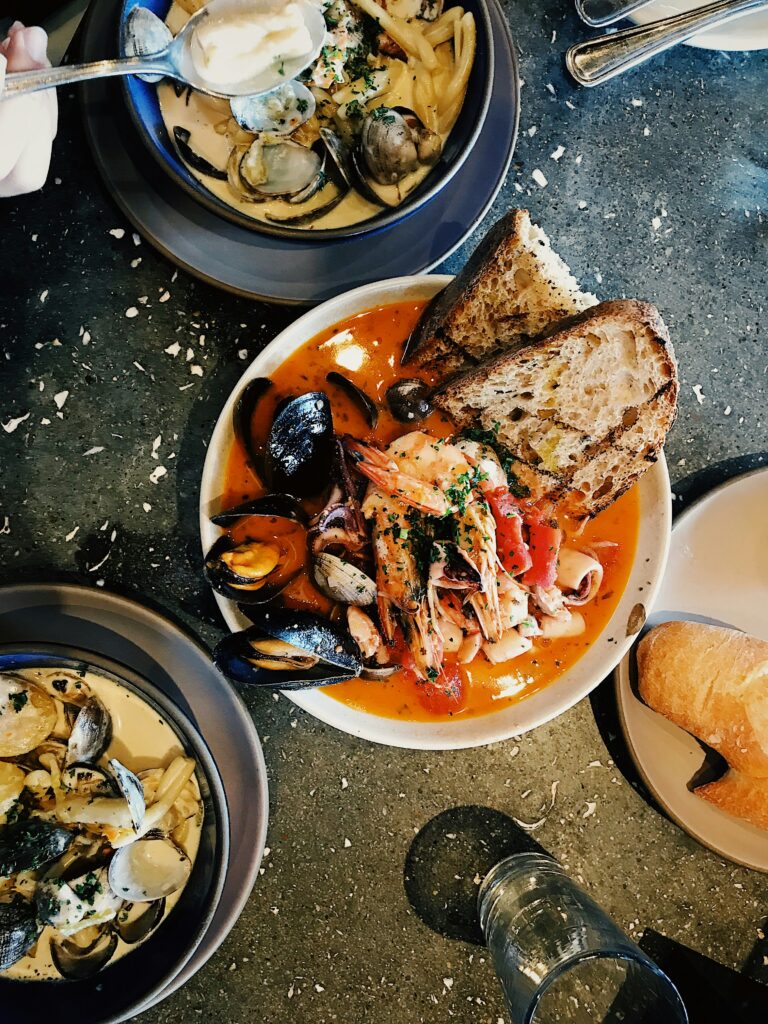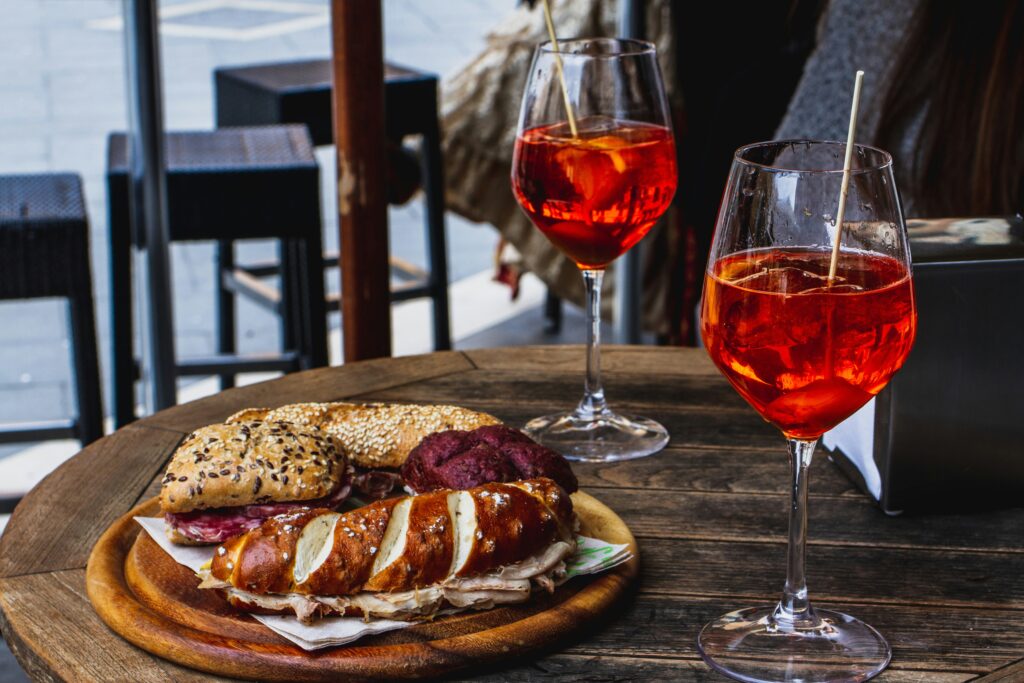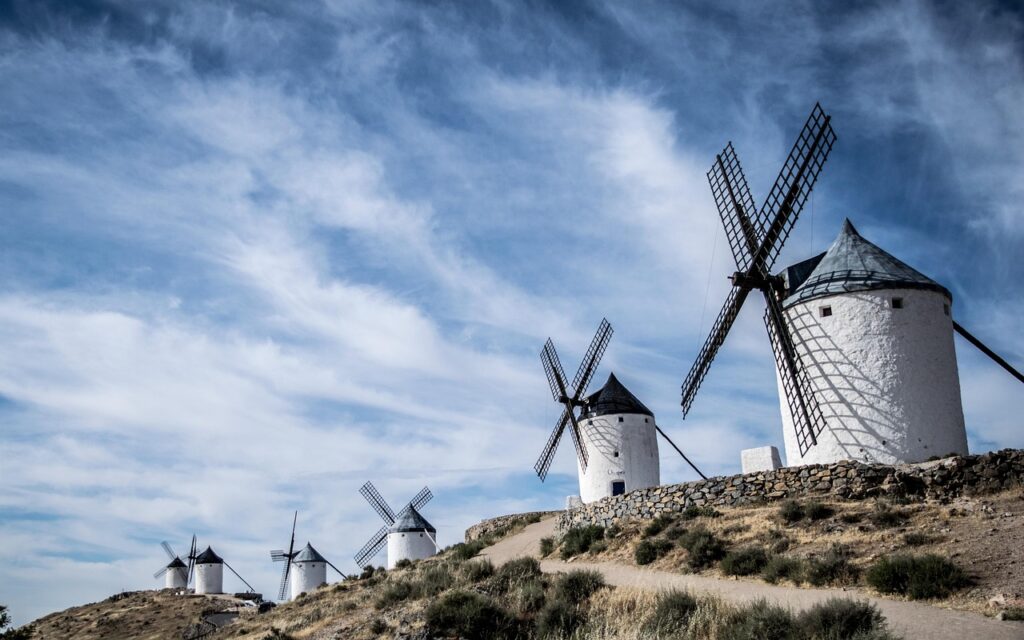In Italy, food isn’t simply consumed — it’s listened to.
Every ingredient carries a story: the memory of the soil, the patience of hands that harvested it, the rhythm of the seasons that allowed it to grow.
To eat here mindfully is to be in conversation with the earth itself.
I came to Italy for a retreat — yoga at sunrise, meditation at dusk — expecting to quiet my mind through movement.
Instead, I learned silence at the table. One slow meal at a time.

The Rhythm of the Land
Italian meals don’t rush. They unfold like music — with pauses, layers, crescendos.
There’s no multitasking, no half-attention. You taste the tomato because you’re not answering an email.
In the countryside, time is measured by harvests, not hours.
Lunch is long because the sun demands it. Dinner begins when the light softens and conversation feels inevitable.
During wellness retreats in Italy, hosts often say, “This is the real yoga — chew slowly, breathe deeply, honour where it came from.”
It sounds simple, but the practice transforms you.
You start to notice the warmth of bread in your hands, the scent of olive oil, the quiet gratitude that rises when food is shared instead of served.

The Taste of Presence
One afternoon in Puglia, after a morning of yoga, I helped a farmer pick lemons.
He worked in silence, except to say, “La terra parla piano — devi stare fermo per sentirla.”
The earth speaks softly — you have to be still to hear it.
That phrase stayed with me.
Because mindfulness, whether on a mat or in a kitchen, is exactly that: stillness sharp enough to perceive the small miracles always happening around you.
Later, we cooked together — a salad of fennel, lemon, and salt — nothing more.
But when we ate, it felt like communion.
Not in the religious sense, but in the way two beings share gratitude for the same moment of aliveness.
Food as Teacher
Italy doesn’t separate nourishment from pleasure.
It doesn’t ask you to choose between health and joy. Instead, it offers a third way — balance through awareness.
In Rome, I once asked a chef the secret to his risotto.
He smiled: “Patience. You can’t stir too fast or it won’t listen to you.”
It sounded absurd, yet completely true. The rice, like breath, needs space to expand.
Cooking here is meditation with aroma.
You watch transformation happen — from raw to cooked, from tense to tender. And somewhere in that process, you learn that healing isn’t an act of control but of care.

The Invisible Ingredient
What struck me most wasn’t what Italians add to their food, but what they don’t.
There’s no obsession with numbers or diets — just attention.
They eat what’s local because it’s what the body expects. They rest after lunch not out of laziness, but respect for digestion. They stop when satisfied, not when empty.
It’s a rhythm that the body recognises immediately — a kind of natural intelligence we’ve forgotten how to trust.
No wonder so many yoga retreats in Italy build their programs around food: morning meditation, practice, then a meal that feels like continuation, not interruption.
Eating as a Collective Meditation
Meals in Italy are never solitary affairs.
Even silence here feels communal — someone passes the bread, another refills your glass, laughter ripples quietly between bites. It’s mindfulness with company, connection without distraction.
At the end of my retreat, we shared one long table under the vines. Someone poured homemade wine, someone else began singing softly.
There was no ceremony, no performance — just a shared sense of being here, together, and completely human.
That’s when I realised: mindfulness doesn’t always happen in silence.
Sometimes it happens in the sound of forks, in laughter, in gratitude that moves like breath through a room.
Conclusion — Returning to the Source
To practise mindfulness through Italian food is to learn the world’s oldest yoga — the union between earth and awareness. Each bite becomes a reminder: nothing is separate.
The field, the farmer, the cook, the eater — all are part of the same slow conversation.
And maybe that’s what wellness retreats in Italy really teach, beneath the poses and meditations:
how to listen again — to the body, to the earth, to the quiet wisdom of flavour.
You don’t need to understand Italian to feel it.
The language of nourishment, after all, is universal.






